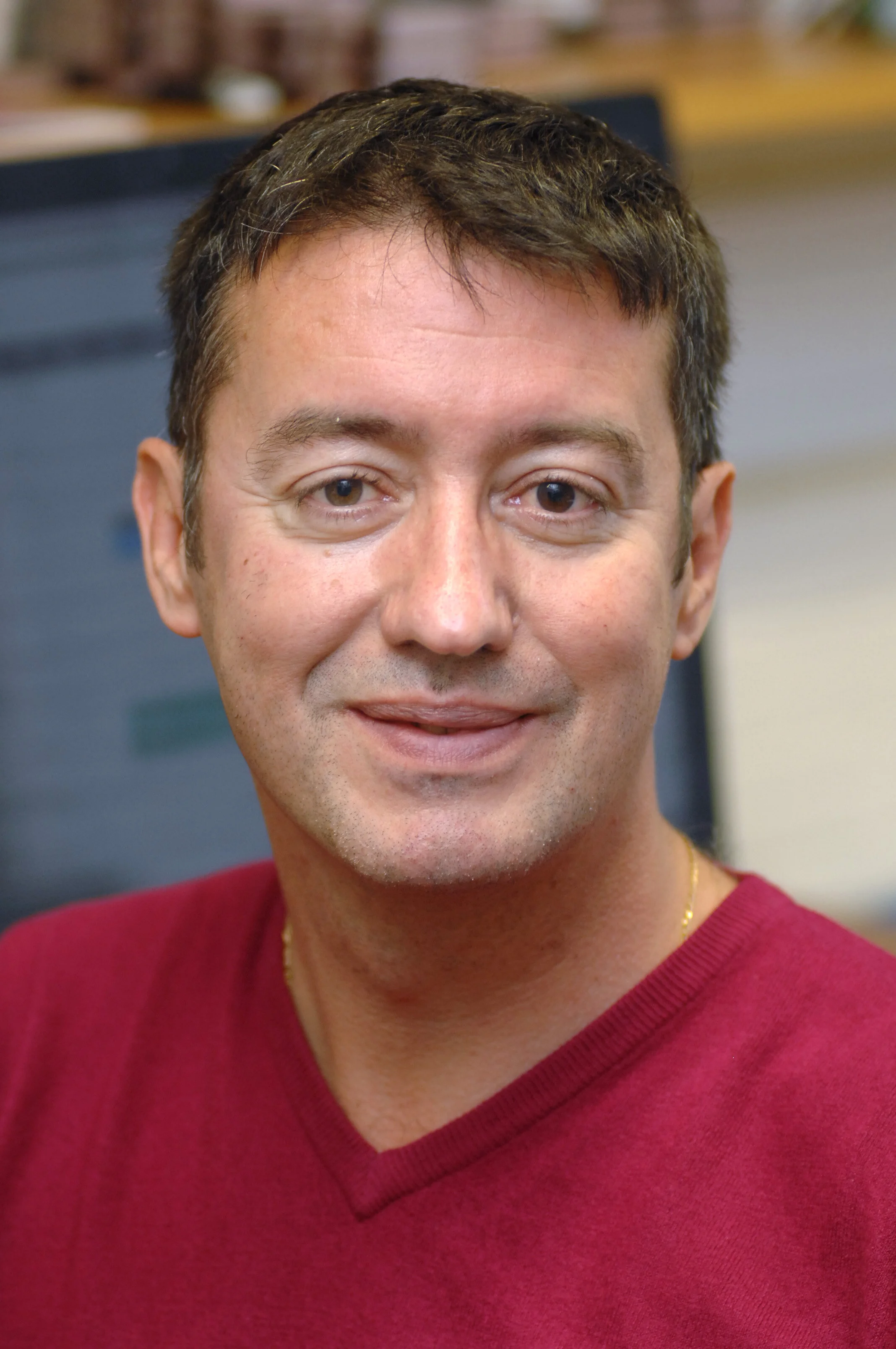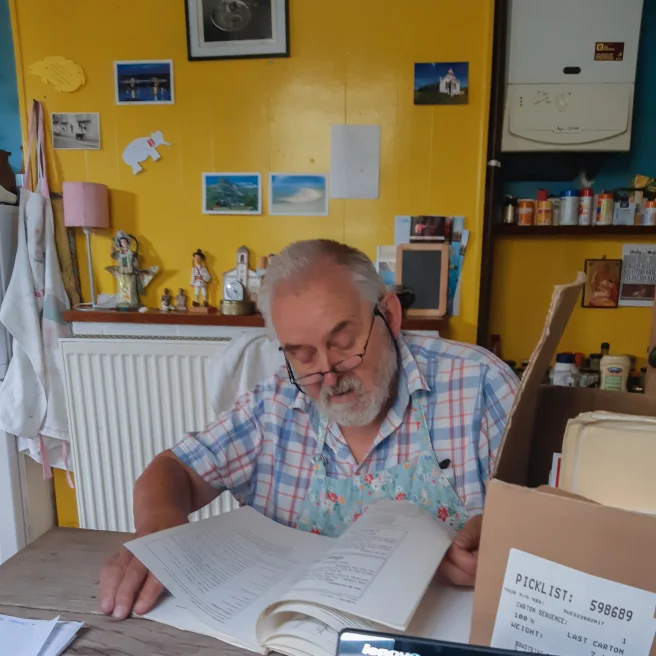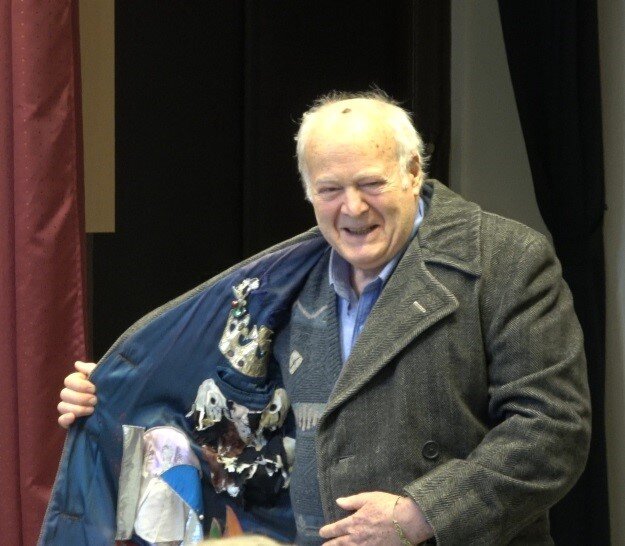
Author of Learning about Assessment, Professor Kathleen Bailey joins us to talk about testing. Professor Bailey tells us about why assessment exists, the effects it can have (both positive and negative) on teaching and learning, how we should design tests and how we should grade our learners.
Mario Rinvolucri, author of “Once Upon a Time: Using stories in the language classroom” talk to us about storytelling, one of the “most compelling and ancient of human activities”. How can stories give students meaningful, comprehensible and motivating input? Listen to find out.
Paul Thompson joins us to talk about corpora and what teachers need to know about them. We discuss how corpora can change how we think about language, how teachers can use corpora when planning and teaching and which aspects of corpus data are most useful in the classroom.
Sandie Mourão joins me to discuss using picturebooks with very young learners. We discuss reasons for choosing a story (beyond the words in the book), how students respond to a book, and how to use parts of picturebooks you might not have noticed before.
Second language acquisition researcher, Patsy Lightbown, joins us to discuss how languages are learned, and also, how they aren’t. We hear about problems of training teachers, how learners overcome challenges and aspects of language teaching which still lag years behind research.
If you regularly listen to this podcast, the chances are you listen because you want to be a better teacher. But what is the best way to become a better teacher? Is it attending training? Is it being observed by your boss? Is it watching your peers teach? In a special end of year double length episode, Professor Thomas Guskey, author of Evaluating Professional Development talks to us about the best way to help teachers learn and the evidence for workshops, peer observations and what the best teachers do that the rest of us don’t.
I speak with Anne Carmichael, Trinity Diploma in TESOL course director and moderator about what it was like to experience the changes from grammar-translation to audio-lingualism to communicative language teaching. Anne tells us about learning from grammar-translation coursebooks, teaching in a language lab and some of the surprising advantages of grammar-translation and the audio-lingual approach.
Coursebook writer and teacher trainer Ceri Jones talks to us about mediation. How can teachers mediate their coursebook content to make it more meaningful for students? Why are students now expected to be able to mediate between languages? And how can we help learners to mediate texts?









